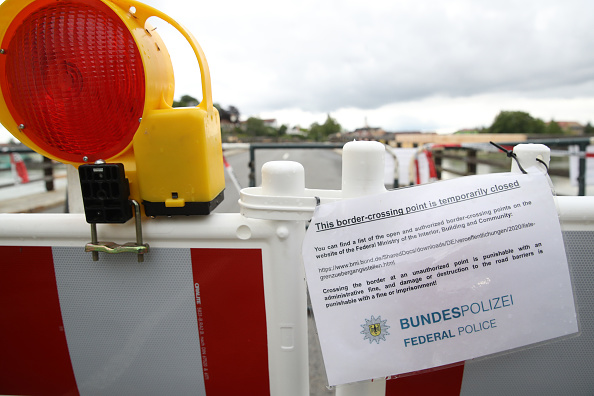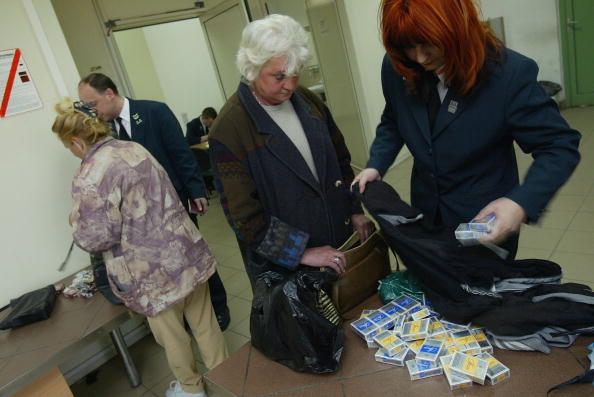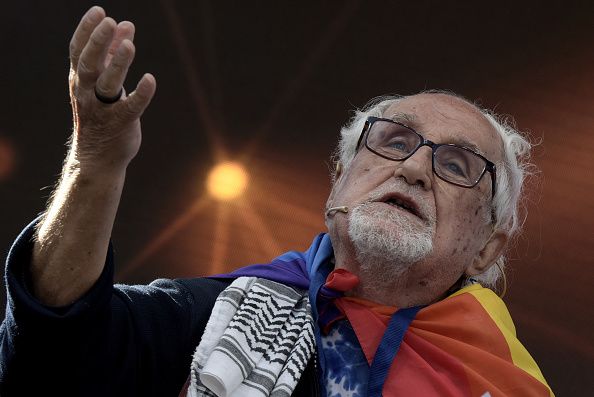Germany’s Christian Democratic Union (CDU) leader Friedrich Merz and the centre-left Social Democratic Party have prepared to finalise their government coalition deal.
At the same time, a CDU youth organisation wrote to Merz saying: “We fought for you but for what?”
Coalition negotiations lasted until after 1 am April 9, with Germany “waiting for black and red smoke”, said Berlin political reporter Karina Moessbauer.
The two sides now only needed to clarify “minor details” before a press conference planned for 3 pm on April 9, she wrote on X.
Ministerial appointments were expected to include the quickly-rising SPD star Boris Pistorius at defence and Armin Laschet as foreign minister.
As a CDU minister president of North Rhine-Westphalia, Laschet was caught laughing on camera while visiting the flood-hit town of Erftstadt and has also admitted to plagiarising sections of a 2009 book, The Rising Republic.
Merz already faced plummeting ratings and dissent within his own party over the deal with the SPD.
On April 6, a CDU youth organisation, Junge Union Köln, wrote an open letter to him saying: “Mr Merz, we believed in your political leadership. We trusted you. And we have fought for you. But we are now asking the question: for what? For a CDU that submits to the left-wing mainstream?”
“The days when the motto was, we get the chancellery and the Social Democrats get the agenda, are truly over,” its leader Johannes Winkel added in the open letter in Süddeutsche Zeitung.
Merz’s polling numbers have also plummeted across the country.
The CDU/Christian Social Union in Bavaria (CSU) saw their popularity drop by 3 per cent to 26 per cent, just as the right-wing Alternative for Germany (AfD) increased its ratings by an identical 3 per cent to 24, in an April 3 DeutschlandTrend poll.
The AfD will make up Germany’s largest opposition party in the new Bundestag.
Having ruled out a coalition with the AfD, the SPD represented Merz’s only realistic option for forming a government.
This has left him vulnerable to attack both from the AfD and his own party on charges that he has sold out the conservative principles on which he had campaigned.
“If this course is not corrected immediately, you will not only jeopardise the CDU’s profile — you will destroy the trust of the people and the commitment of its members,” said Winkel, who was part of a working group in the coalition negotiations.
When Merz agreed with the SPD and Greens to suspend Germany’s debt brake and embark on debt spending on defence, infrastructure and the “green” transition, AfD deputy Tino Chrupalla sniped at Merz, saying: “By now, you have the mRNA of the SPD implanted in you.”
With 44 days having elapsed since elections, the coalition negotiations were “pretty fast by the standards of recent years”, said Economist Berlin bureau chief Tom Nuttall.
Yet with the SPD members still able to vote on the coalition agreement, the new government was not expected to be sworn in until late April or early May, he added.





